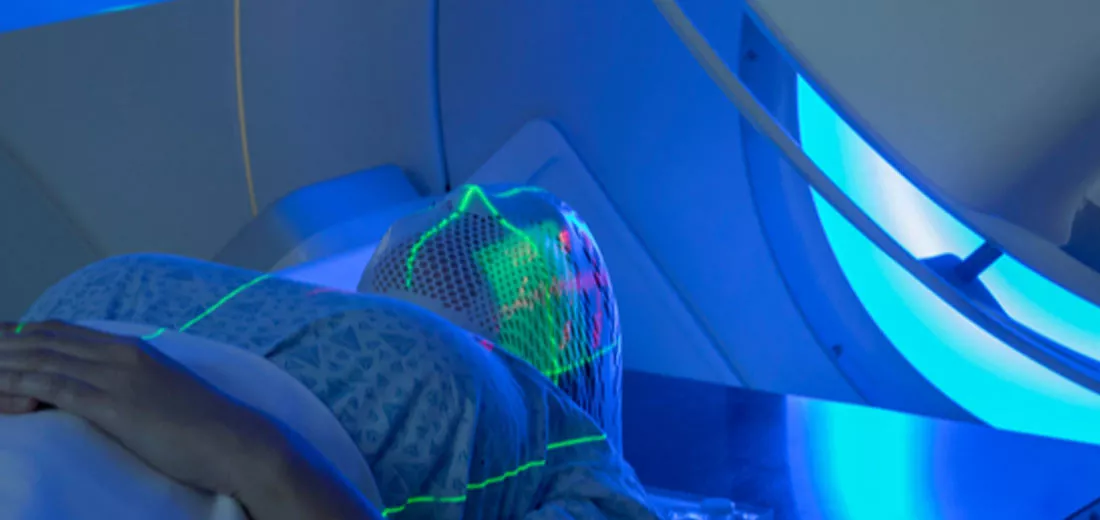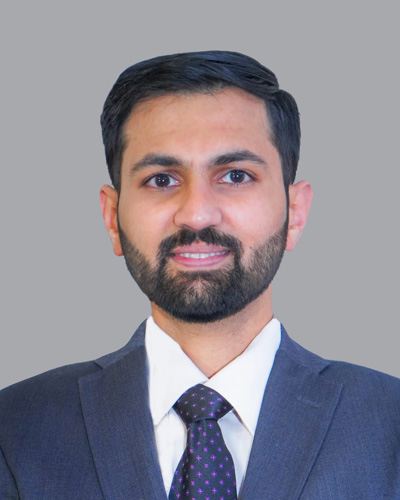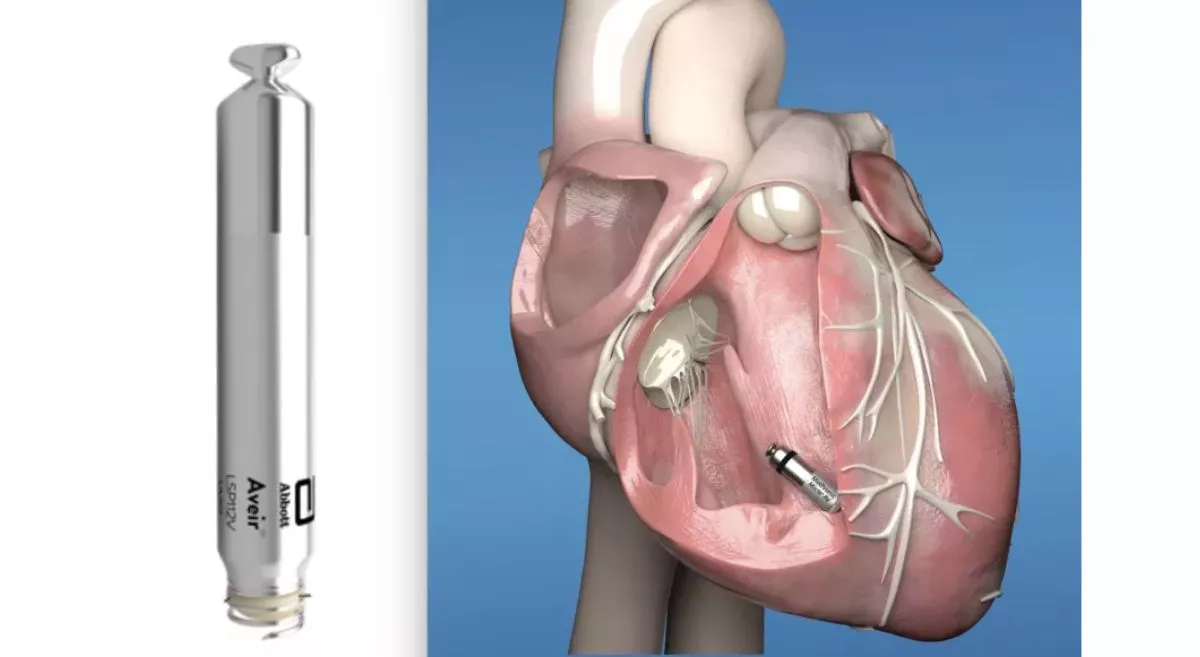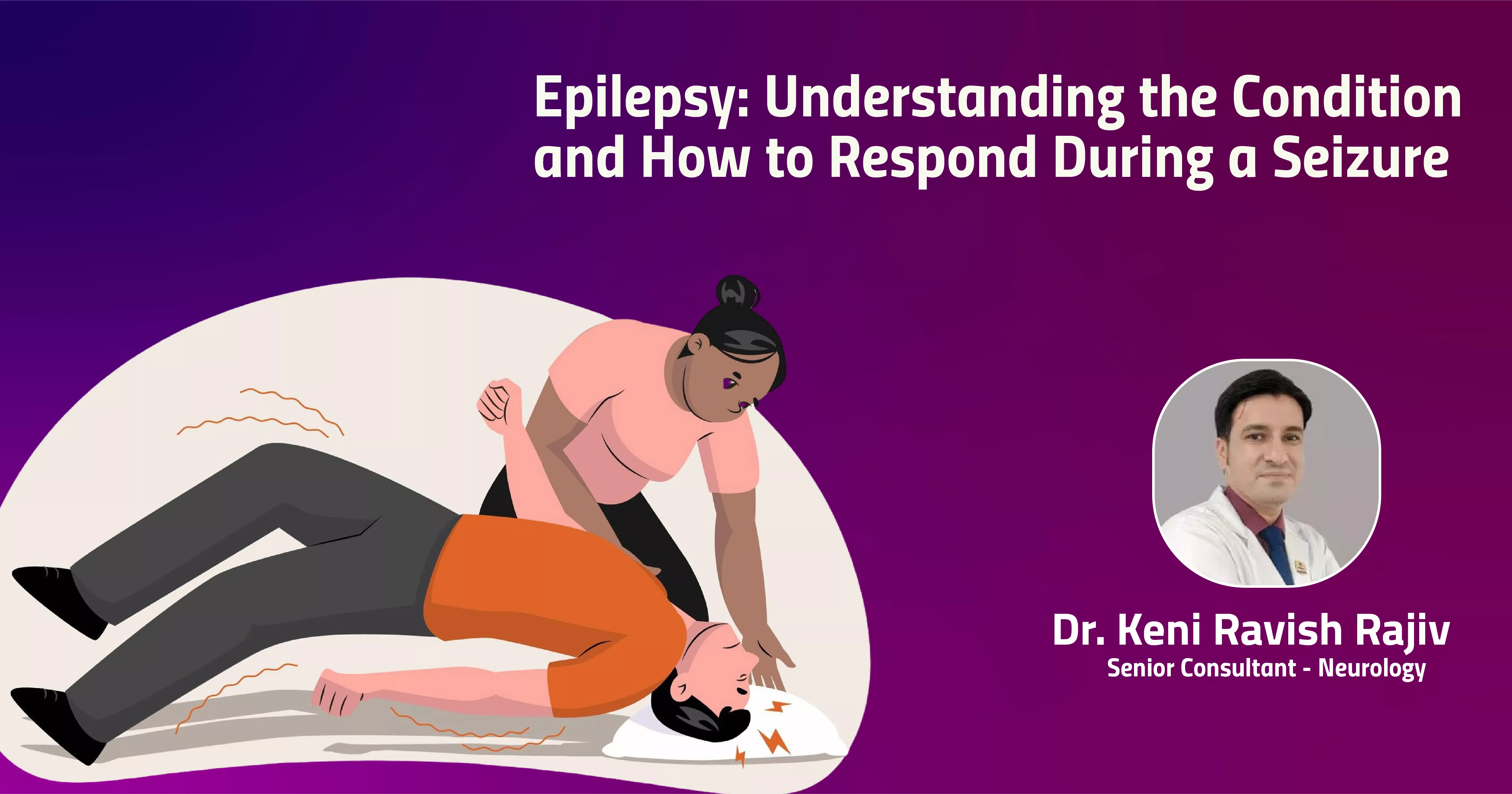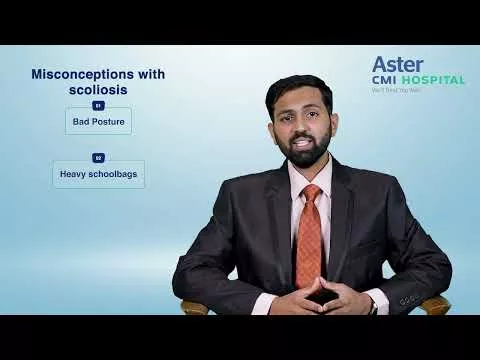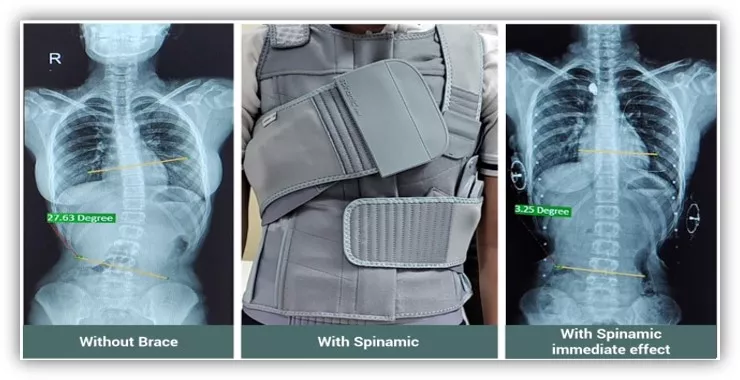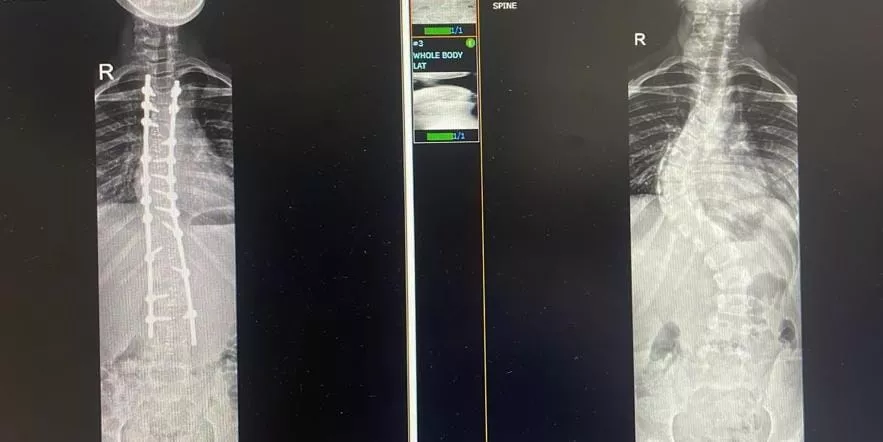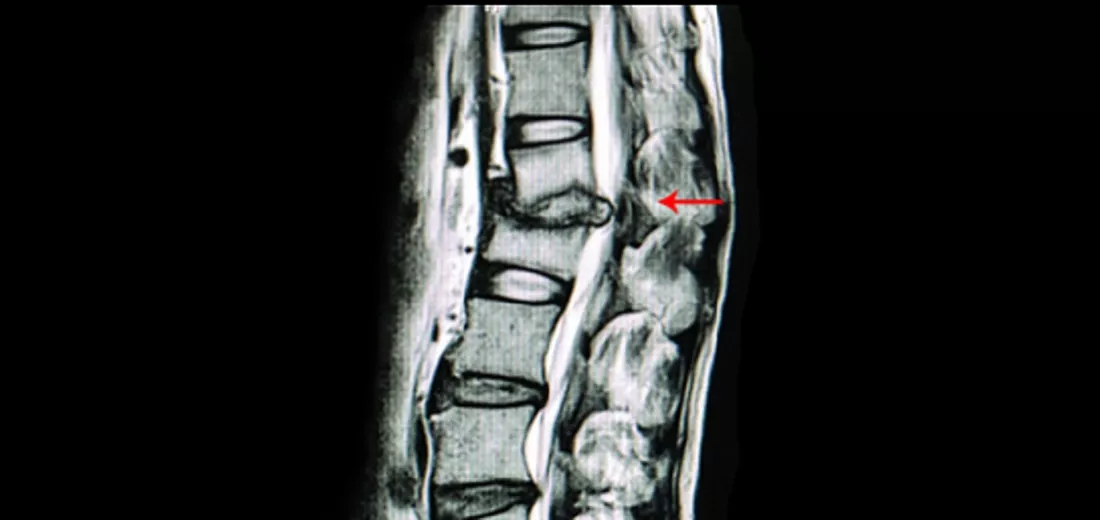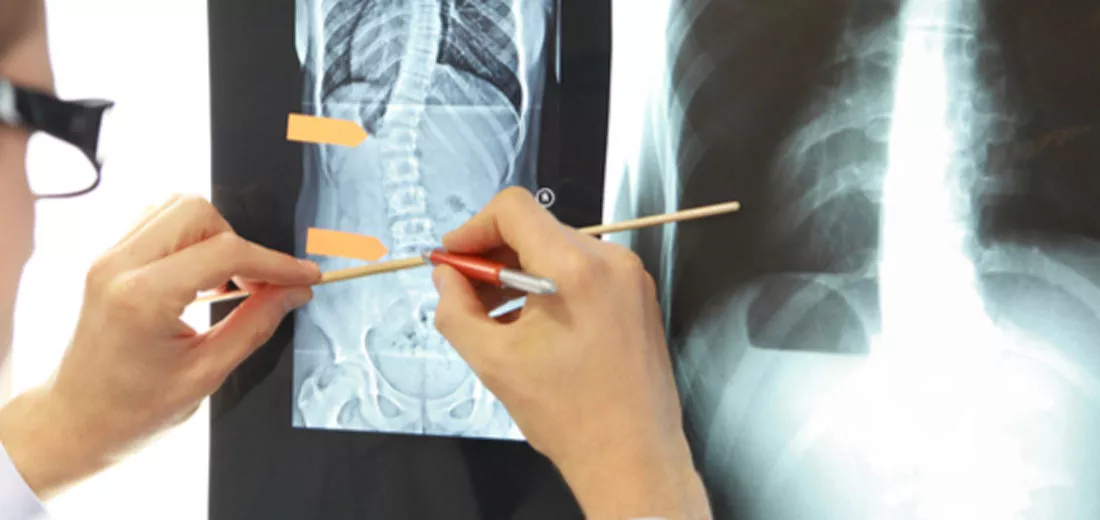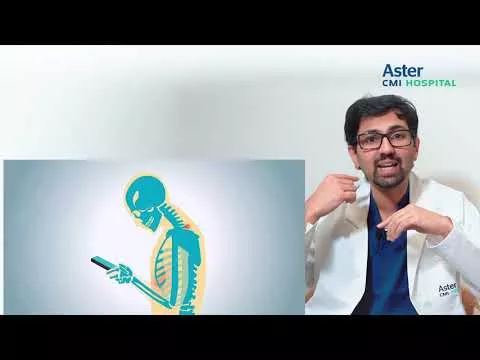A Brain tumor is a condition in which the brain cells multiply abnormally. without control. The exact cause of brain cancer is still unknown.
Factors that may increase your risk of brain cancer, however, include exposure to high doses of ionizing radiation, and a family history of brain cancer.
Brain tumor is the tenth leading cause of morbidity in India. The incidence of this mortal disease is rising; it should therefore not be taken for granted. Different types of tumors show up in different age groups from kids to adults.
The tumor type varies depending on where it appears, and the patient's age. Some tumors are more common in females while some are more prevalent in males. But, in nature, tumors are different and have a variety of presentations with distinct specificities.
Nowadays, neurosurgeons operate on brain tumors with the aid of the finest expertise and technology that would lead to maximum safe resection. Initially, patients are examined for any type of neurological deficit, and then the best way to remove the tumor is discussed with them.
Advanced techniques such as Functional MRI, Neuro-Navigation, and Intraoperative Neuromonitoring, Ultrasound, and Fluorescence technology are used to achieve maximum safe resection. By adopting these methods, a maximum tumor can be removed while making patient safety and clinical outcomes a priority.
Awake brain surgery
Often, a preoperative functional MRI can be performed when tumors arise in medically significant areas of the brain to determine how much brain function, such as speech or limb movement, is affected by the tumor.
In such cases, surgery may be performed by keeping the patient awake. In this way, during surgery, the patient activity can be monitored in real-time to see if there is any neurological function that gets affected at which time surgery may be limited or stopped. Such functions can be determined by continuous interaction with the patient during surgery and the procedure can be adjusted accordingly by maintaining patient safety.
This technology, however, also requires specialized expertise in anaesthesia and in the management of patients. Using adequate local anaesthesia for pain control while keeping the patient awake requires careful coordination between patient, surgeon, and anaesthetist. Bringing together the best of these expertise makes the surgery a success.
Neuro-Navigation technology
Like the GPS technology we use in cars and travel, neuro-navigation is a state-of-the-art technology that helps surgeons to direct and guide them to the exact location of the tumor during surgery without causing any damage to the surrounding areas.
This is accomplished by feeding the preoperative Brain MRI or CT scan data of the patient into the navigation software which is then used intraoperatively as coordinates. Hence, safe maximum tumor removal can be achieved by using a pathway that is the shortest and least damaging to the normal brain, thereby further improving patient outcomes.
Intraoperative Ultrasound
Together with neuro-navigation, ultrasound techniques may be used to augment safe brain surgery. This also allows surgeons to better identify the tumor and plan safe removal. Being real -time, it guides surgeons intraoperatively to realize how much of the tumor is removed or remaining, so that surgery can proceed smoothly.
Intraoperative Neuro-monitoring
During surgery, it is sometimes important to identify the functioning and non-functioning part of the brain and to see if the tumor involves certain key areas or nerves. This may be achieved by continuously monitoring those areas during surgery with intraoperative neuromonitoring technology.
Thus, even if the patient is unconscious or under anaesthesia or in cases where "awake brain surgery" might not be possible, the tumors may be treated and removed appropriately, with no disruption to functionally important areas.
Intraoperative MRI
Advanced techniques such as intraoperative MRI are also used for brain surgery in a few hospitals today. It offers valuable real-time information wherein a brain MRI scan can be performed during brain surgery, and matched with navigation to see how much of the tumor is removed. That way, further safe brain tumor removal can be successfully accomplished.
Intraoperative Fluorescence technology
Another key technology which is being used is intraoperative fluorescence. During surgery, a fluorescent dye is administered to the patient which gets concentrated only within brain tumors. By using specialized microscopes and light filters, tumors in the brain become fluorescent and begin to "glow."
They are therefore visually better delineated when compared with the surrounding normal brain, enabling complete and safe removal of the brain tumor without having to risk damage to surrounding areas.
Allied Neuro-oncology services
Interdepartmental and multidisciplinary treatment plays an especially important role in brain tumor management. Adjuvant chemotherapy and radiotherapy may also be needed, particularly in the case of malignant tumors. Nevertheless, the more the tumor is removed, the safer it is to have these treatments for maximum benefit to the patient.
The advantage of having these multiple departments within a single multi-speciality healthcare system is that it allows for a board of doctors and experts who can come together in critical cases to discuss the best way out and provide comprehensive treatment for the patient.
Role of technology
Today, we live in a world powered by technology. It is only rational for neurosurgeons at any point in time to make the best use of the cutting-edge technologies available for treating any form of tumor.
However, if 90 per cent of the tumor can be resected, the overall prognosis is greatly enhanced, regardless of whether more therapy is needed. If we did not have these technologies it would have been difficult to remove even 50 per cent of the tumors.
Who is at risk of Brain Tumor?
The symptoms of brain tumor are:
Headache: Persons with severe headaches need to see a neurologist or neurosurgeon for investigation and know the precise reason behind it. It will require assessment, depending on when the headache occurs and how severe it is. If it is found to be a brain tumor – it may need surgery.
Neurological deficits: Symptoms such as weakness in the hand or leg, slurring of speech, blurring of vision, seizures, drowsiness or unconsciousness, are some of the symptoms that have to be given due significance. Neuroimaging can help detect if it is a tumor or not.
If you experience any of these symptoms then consult Best Neurosurgeon in Bangalore, India or visit Best Brain Tumor Hospital in Bangalore.
Act fast, Act right
Early detection of brain tumors is particularly important because most are treatable and may be life-threatening, if left alone. The key is - right care under the best facilities so that maximum tumor resection combined with utmost safety may lead to better results for the patient.
Nevertheless, not all tumors may require surgery. Sometimes all the tumor would need is medication to treat it properly. And performing surgery may place the patient's life at risk.
Therefore, a brain tumor isn't something to be feared about. Some of these can be easily removed, so the patient can lead a normal life. Even in cases with malignant brain tumors, advanced treatment can help provide a better quality life for patients.
Consult Best Brain Tumor Specialist in Hebbal, Bangalore at Aster CMI Hospital.
